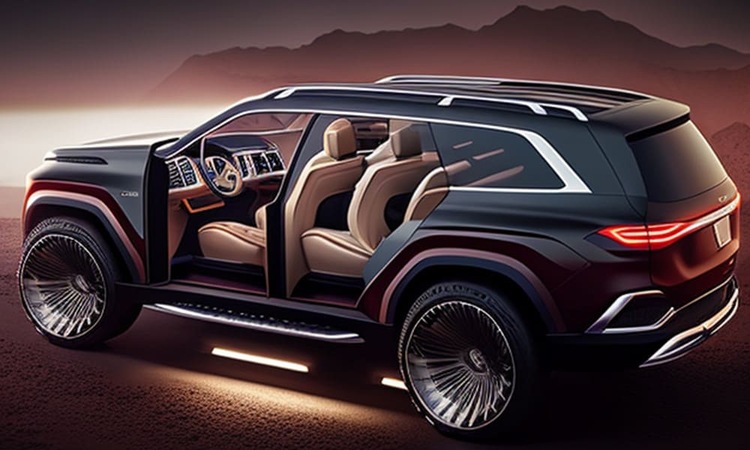Understanding the Rising Significance of Slow Living in Fast-paced Society
In the age of rapid advancements and relentless rat races, a countercultural wave is sweeping across societies worldwide—the concept of Slow Living. This approach is increasingly being embraced by individuals seeking balance in their lives. Read below to delve deeper into this fascinating cultural shift.
The Roots of Slow Living
The concept of Slow Living emerged during the late 20th century as a response to the fast-paced lifestyle driven by industrialisation and technological advancements. It is an ideological shift towards a slower, more mindful, and holistic lifestyle, focusing on quality over quantity. This movement traces its roots back to the Slow Food movement in Italy during the 1980s, a protest against the opening of a McDonald’s near the Spanish Steps in Rome.
Slow Living in the Contemporary World
In recent years, Slow Living has evolved from a niche lifestyle choice into a broader cultural shift. With increasing levels of stress, burnout, and mental health issues, more people are embracing this conscious, mindful approach to life. It promotes making deliberate choices rather than rushing through life, savouring experiences instead of always seeking the new.
Implications and Significance of Slow Living
Slow Living’s increasing popularity signifies a societal shift in priorities and values. It challenges the capitalist narrative of productivity and growth, advocating for a more sustainable, balanced, and fulfilling lifestyle. This movement encourages individuals to reclaim their time and attention, fostering improved mental health, stronger relationships, and a deeper connection with nature.
The Sociological Perspective on Slow Living
From a sociological standpoint, Slow Living reflects a collective response to the pressures and anxieties of modern society. It represents an effort to regain control over personal time and pace, a challenge to the societal norms that equate speed with success. The rise of this trend indicates a societal longing for authenticity, mindfulness, and deeper connections—values often lost in the hustle and bustle of modern life.
The Future of Slow Living in Modern Society
As we move forward, Slow Living is poised to shape societal norms and values further. As more people seek balance, mindfulness, and sustainability, we may witness a significant shift in societal structures, consumer behavior, and even policy-making. The future may hold a slower, more thoughtful society where well-being takes precedence over relentless productivity.
In conclusion, the rise of Slow Living signals a significant shift in societal values and behaviors. As we continue to explore this path, it offers valuable insights into how we can build more balanced, mindful, and sustainable societies.





